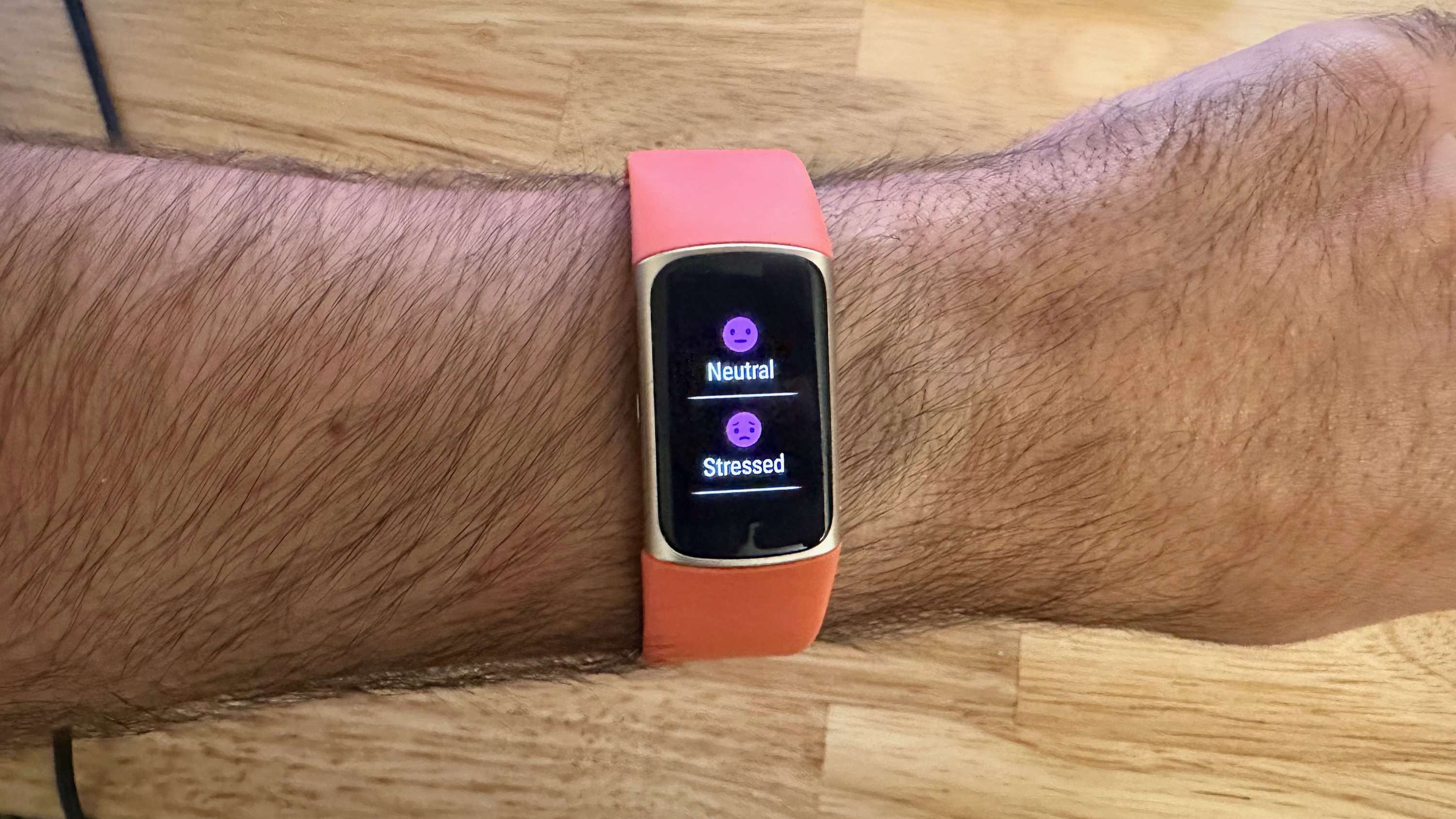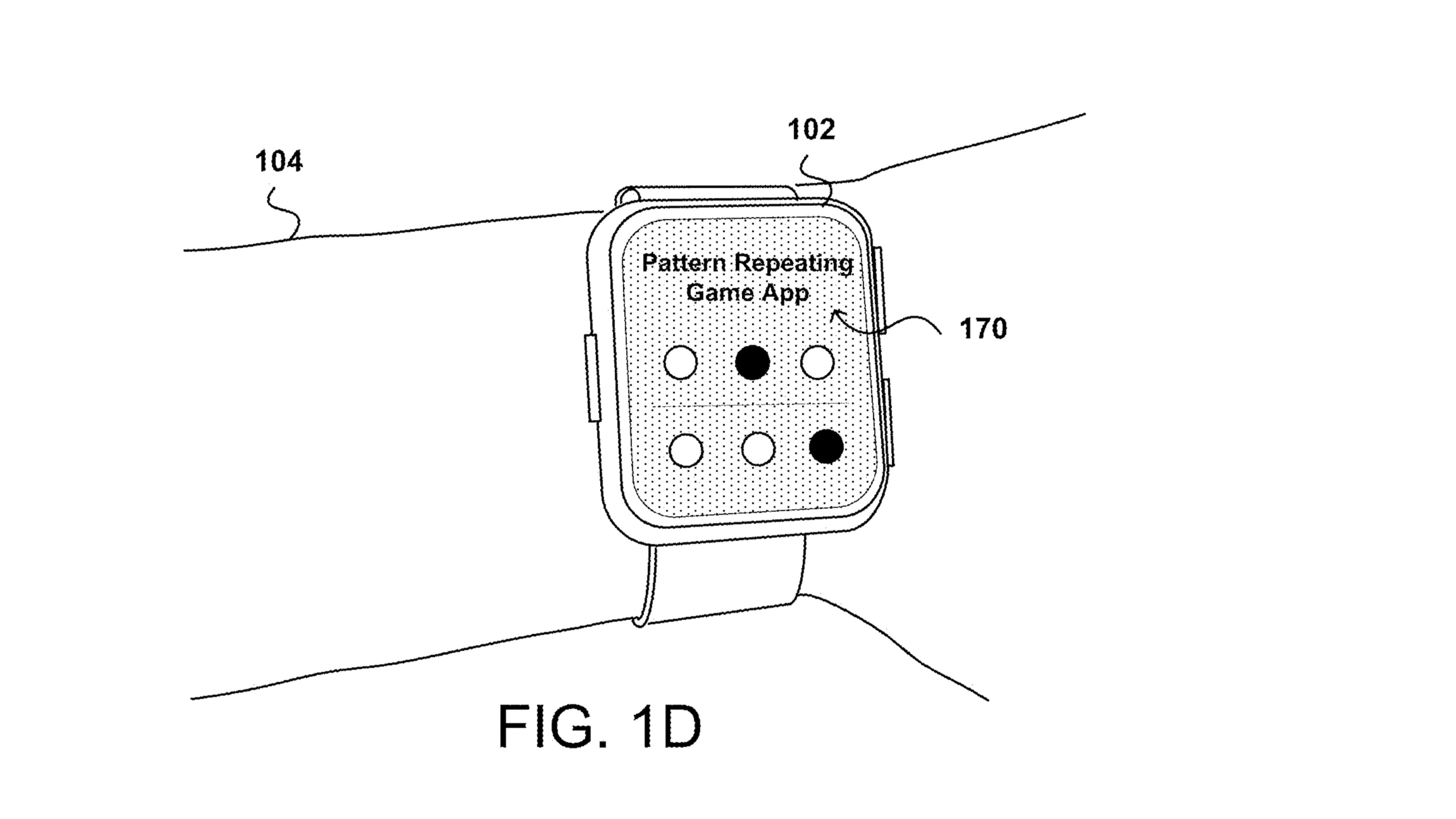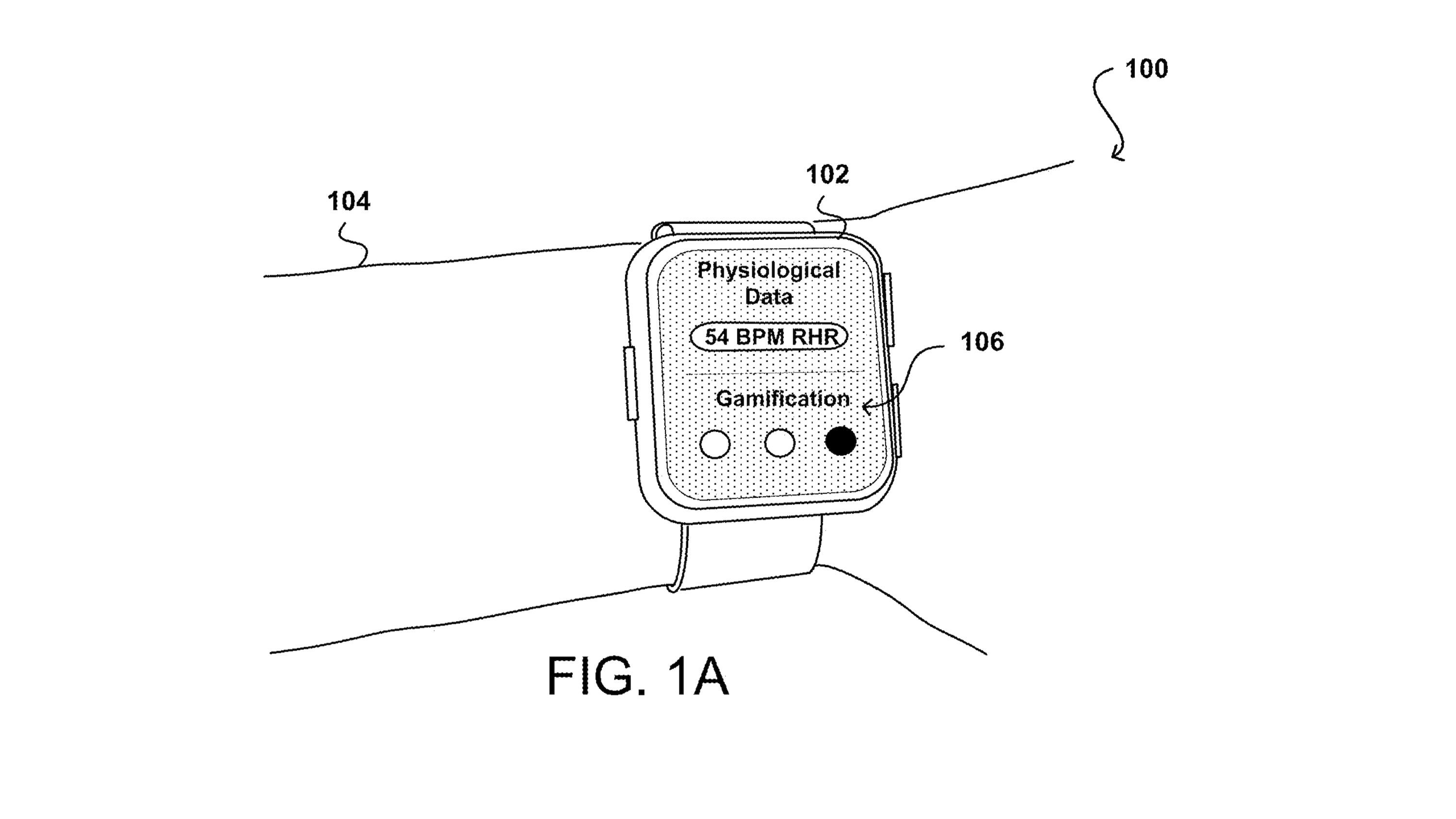Your next Fitbit or Pixel Watch could monitor your mental health
Most watches track stress, but a newly granted Fitbit patent uses "gamification" and data collection to screen for depression.

What you need to know
- The U.S. patent office granted Fitbit a patent for "Determining mental health and cognitive state through physiological and other non-invasively obtained data."
- Fitbit says it can use machine learning to assess if someone has a mental disorder, such as depression.
- The patent shows game apps on a smartwatch meant to reveal one's mental state.
- Fitbit filed the patent in late 2021 but only received approval in January 2024.
Fitbit and parent company Google just received patent rights for the concept of measuring or screening your mental health using data from your smartwatch or smartphone. The concept sounds very well-meaning, but also like a bit of a privacy nightmare.
Originally filed in 2021, the patent notes that "physiological variables" such as "heart rate, sleep data, activity level, [and] gamification data" can be used "to screen for and predict mental health issues and cognitive states."
Specifically, Fitbit would use "predictive modeling" and machine learning to figure out which health metrics tend to correspond with conditions like depression, bipolar disorder, seasonal affective disorder, or mental "degeneration," and warn users if necessary.
It also might request "user authorization" to analyze things like "text message and email data, as well as vocal data obtained through a phone and/or a microphone." That's where it strays into Big Brother territory a bit — though it's important to note that many patented ideas never see the light of day.
The patent acknowledges the difficulty of creating an "automated and non-invasive" system. Still, it suggests that an automatic system could more widely diagnose the population. In contrast, systems that rely on users to report their own mental states are prone to error or underreporting.


Patent figures show one of the key elements of Fitbit's proposed monitoring system: on-watch games meant to test your "problem-solving ability, executive functioning, and attention readiness."
Games would be designed to last two minutes at most, and the results would help Fitbit's algorithm determine "relationships" between your body's physical and mental state. They give examples like your "mental state when caffeinated, how performance is based on sleep and/or food consumed, and how much stress the user is under."
Be an expert in 5 minutes
Get the latest news from Android Central, your trusted companion in the world of Android
Fitbit would use the collected data to create a "probability score" of your likelihood of suffering from a condition and act on that data if you score higher, asking for data permissions or sending you a patient health questionnaire (PHQ-9) for diagnosing your condition.
The Pixel Watch 2 and Fitbit Sense 2 have a continuous sensor for tracking your stress levels, while other Fitbits make you take spot readings. The point is that Fitbit might now go beyond simply telling you that you're stressed and let you know how that stress is actively impacting your mental health.
The patent runs through too many possible ways to implement a mental health monitoring system for us to run through here. But Fitbit Premium's Daily Readiness Score, currently focusing on your physical energy and sleep quality, could one day expand into predicting if you're in a negative mental state using your smartwatch's data for guidance.
Whether users see this concept as a positive or an invasion of privacy may depend on whether Google can provide any assurance that the user's mental state won't be monetized to advertisers. Google promises that your Fitbit data won't be used for Google Ads, but it can still sell data to third parties if it chooses.

Michael is Android Central's resident expert on wearables and fitness. Before joining Android Central, he freelanced for years at Techradar, Wareable, Windows Central, and Digital Trends. Channeling his love of running, he established himself as an expert on fitness watches, testing and reviewing models from Garmin, Fitbit, Samsung, Apple, COROS, Polar, Amazfit, Suunto, and more.
